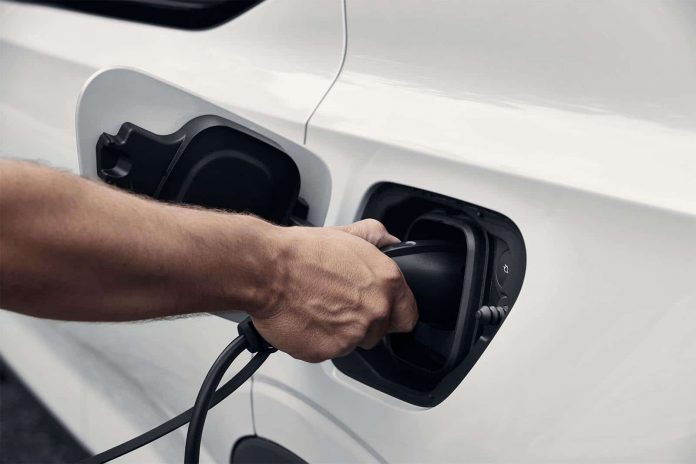While EV proponents are quick to tout the environmental advantages of switching to electric propulsion, that’s a secondary benefit for a solid majority of buyers.
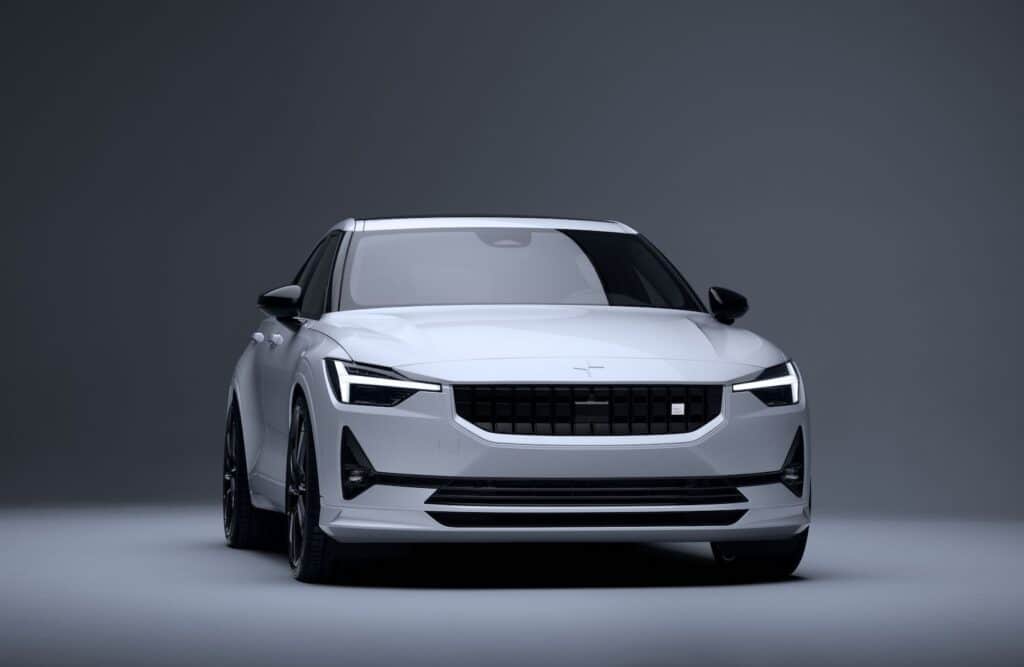
Fully 55% of those who’ve purchased a battery-electric vehicle list technology, such as infotainment and advanced driver assistance systems, as their primary reason for plugging in, according to a new study commissioned by EV startup Polestar.
“The idea of luxury being defined by what’s ‘under the hood’ has been replaced in the electric era with the prioritization of seamless connectivity, integration into existing digital ecosystems, and good UX design,” said Gregor Hembrough, head of Polestar North America. “People are switching to electric cars for more than just environmental reasons.”
Helping the planet
Hembrough said he believes this is actually good news for the new brand, as it is loading up its products — such as the Polestar 2 — with plenty of technology.
Earlier studies found a direct link between the desire to help the planet and the purchase of a battery-electric vehicle. But that has begun to shift as the technology grows beyond an early niche to start moving into the mainstream.
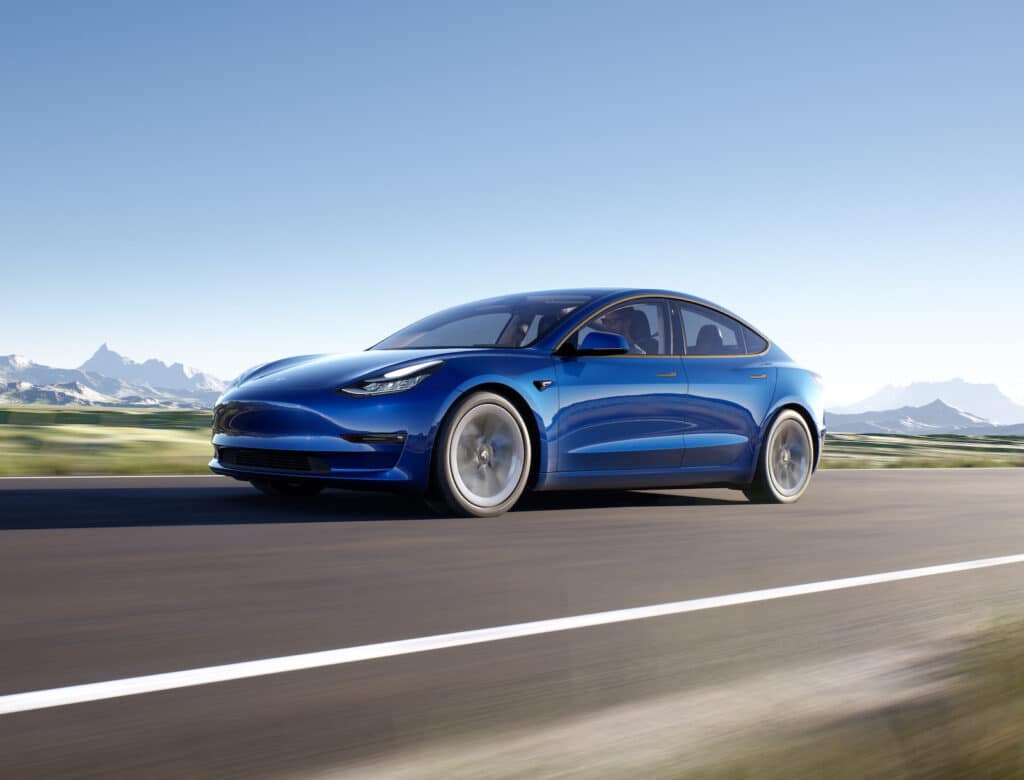
The study found Gen-Z buyers — those between the ages of 18 and 24 — were the most likely to list the environmental benefits as their top reason to consider an EV. But, even then, the figure was just 12 percent. And that was double the figure for millennials, and three times higher than for Baby Boomers.
EV sales on the rise
While true EV proponents may still see environmental factors as a critical reason to move away from internal combustion technology, they’re pleased to see the demand for electric vehicles grow, whatever the reason.
As recently as 2019, EVs accounted for barely 1% of the U.S. new vehicle market. That reached 5% by the end of 2021 — and it has continued growing this year. Industry analysts, such as Bank of America’s John Murphy, predict the figure could reach as high as 20% by 2025.
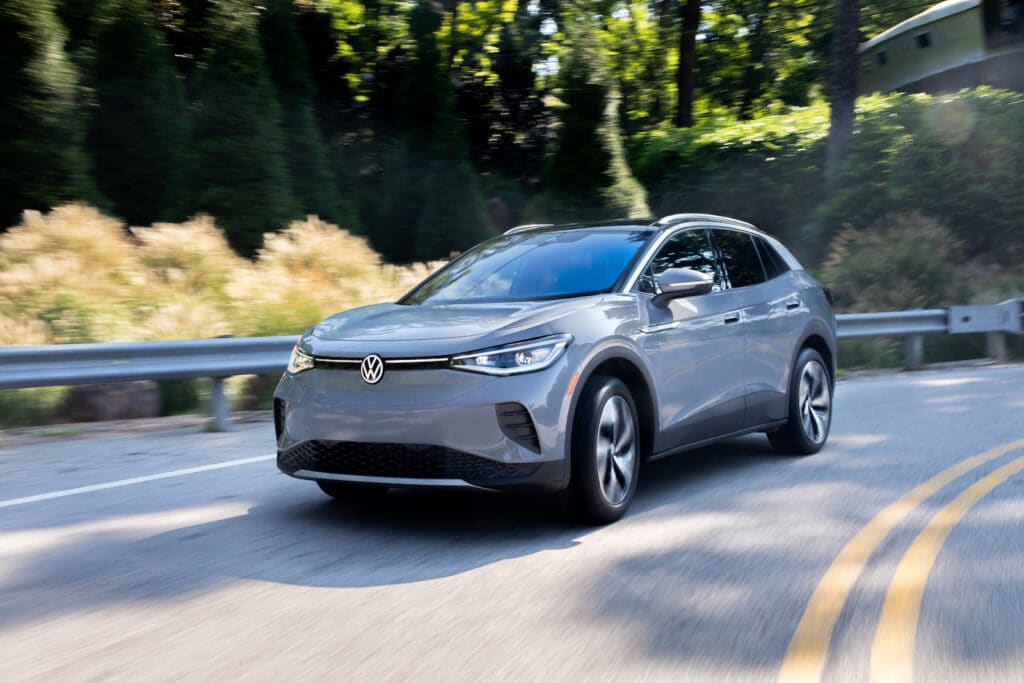
But to get there, industry watchers say the industry must find other factors that will appeal to potential buyers. It is helping to have a broader range of products in more segments of the market, Murphy noted in his annual Car Wars study. More affordable offerings are also expected to bring in new customers.
Other benefits
But there are other factors working in favor of plug power. In sharp contrast to early EVs, the latest crop of models are quick and fun to drive. The Tesla Model S Plaid, for example, is the fastest-ever factory production vehicle, launching from 0-60 in barely 2 seconds. Even mainstream offerings like the Volkswagen ID.4 and Kia EV6 are delivering launch times as low as 4 to 5 seconds.
Most new EVs tend to be loaded with technology, including navigation systems that are often available only as costly options on comparable products. That’s critical, as it makes it easier for battery-car owners to find the still limited number of public EV charging stations.
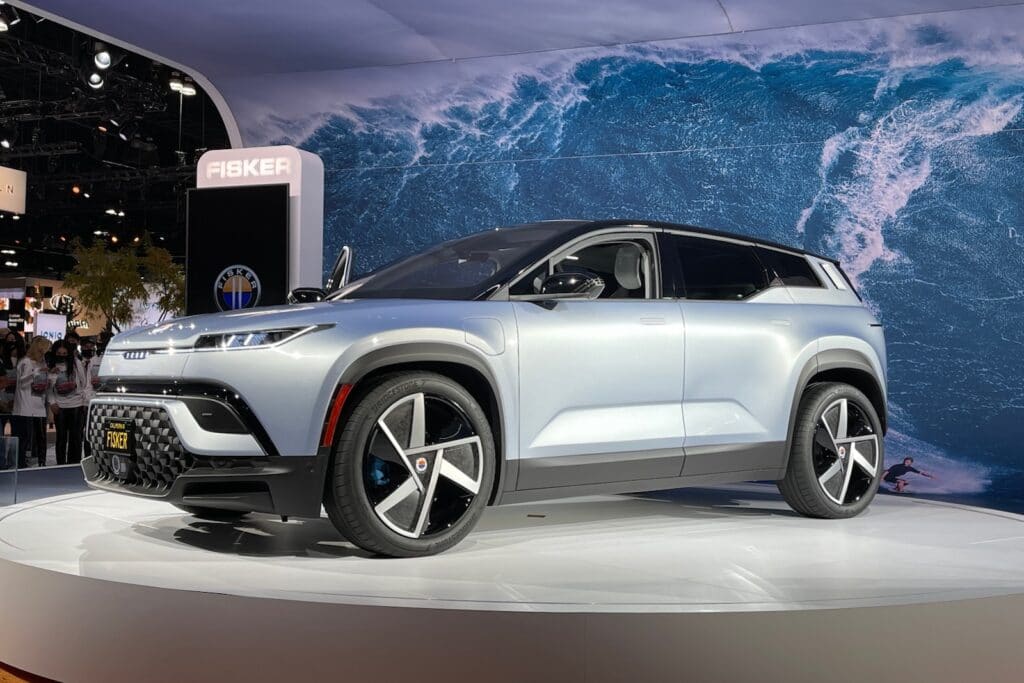
Other studies have cited a variety of additional reasons why motorists say they’re buying EVs, including design, roomier interiors — and, in some communities, as a way to foster an image of being hip and cool.
Buyers open to new brands
In a summary, Polestar said the new study found that EV buyers also “are more open to new brands and startups” than when purchasing conventional vehicles. That, if accurate, should be good news to Polestar — as well as competing EV-only entrants like Tesla, Lucid and Rivian.
About 46% of the respondents said they are confident in such new EV brands, including 57% of millennials, but just 28% of Boomers.
Polestar said it turned to an unnamed third-party research firm to pull together the study. It was “fielded earlier this year with more than 5,000 electric and internal combustion drivers across all 50 U.S. states. The survey questioned drivers on the state of electric car acceptance, charging infrastructure, and the perception of electric car brands when purchasing a vehicle.”

